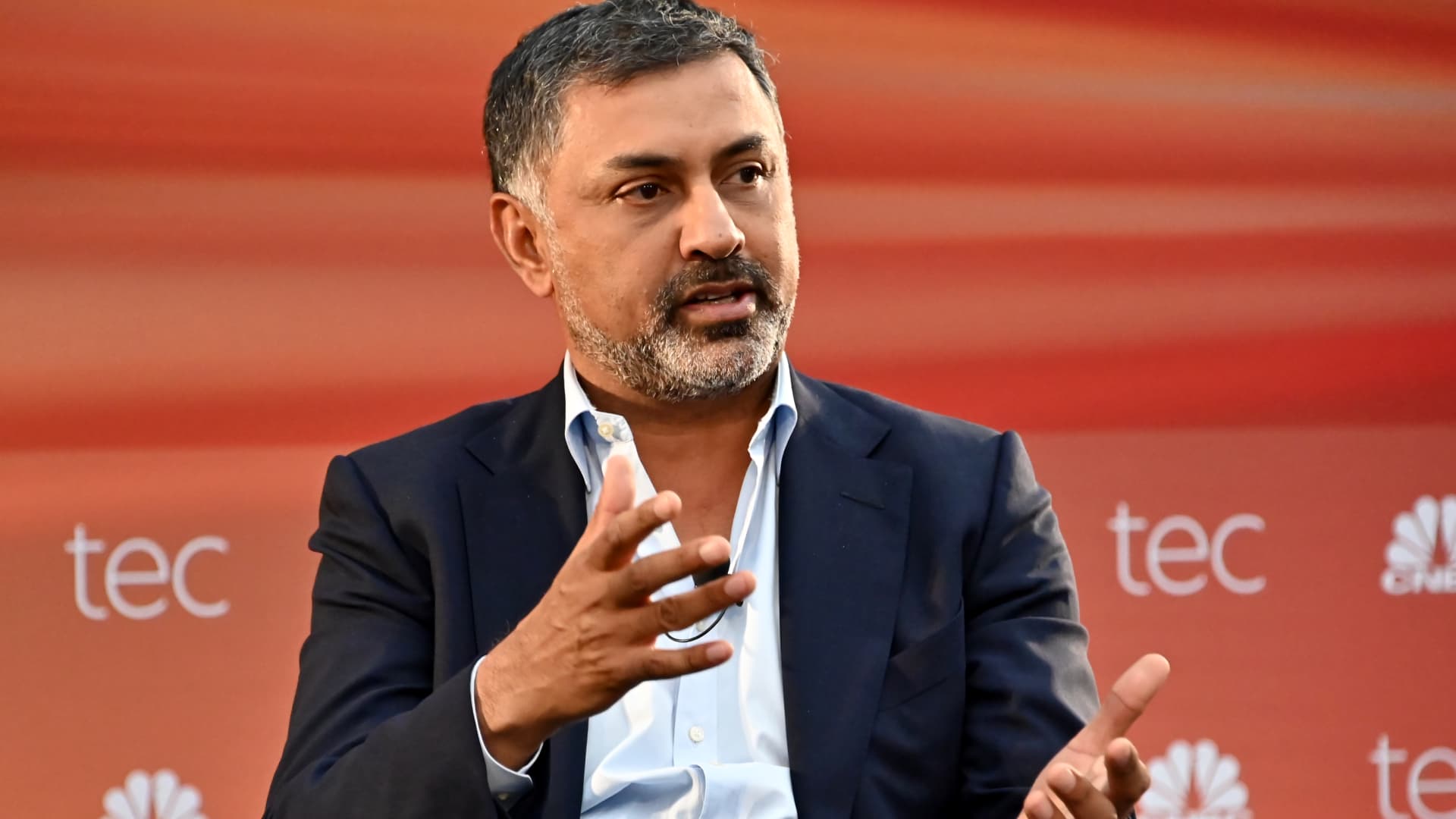Palo Alto Networks could see roughly 40% upside from here, as the network security company builds out its suite of next-generation products, according to Wolfe Research. Analyst Joshua Tilton initiated coverage on Palo Alto Networks with an outperform rating, saying investors should take a closer look at the rapidly growing next generation security (NGS) portfolio. “[If] there is one thing to take away from this launch it’s that we believe PANW is so much more than just firewall, and it’s not getting credit for it. In fact, what if we told you that our sum of the parts implies that the traditional firewall business accounts for 93% of the current valuation (would be 100% at FTNT’s valuation), suggesting that investors are assigning very little value to the Next Generation Security portfolio?” Tilton wrote in a Sunday note. Palo Alto Networks, which went on a buying spree starting in 2018, has diversified into “some of the hottest areas of security” that expanded the total addressable market by 140%, according to Wolfe Research. The analyst believes revenue from the company’s Cortex, Prisma Cloud and Prisma Access businesses could yield strong revenue growth through fiscal year 2024. “Bottom line, in a market where investors may not be buying new names, we are here to tell you that it’s ok to stay invested in PANW for the firewall business, but we really think you should be adding to your position for what’s next … total platform domination,” he continued. The company also remains compelling for investors as it generates both growth and free cash flow margins at an attractive price, the note read. “With our checks citing continued strong demand for firewall (even ex-supply chain benefits), we believe that at a 21x EV/CY23 base case FCF multiple investors can continue to seek refuge in this name,” Tilton wrote in a Sunday note. The analyst set a $700 target price for Palo Alto Networks, implying roughly 40% upside from Friday’s closing price of $499.10. Shares ticked up slightly in Monday premarket trading. —CNBC’s Michael Bloom contributed to this report.


























































